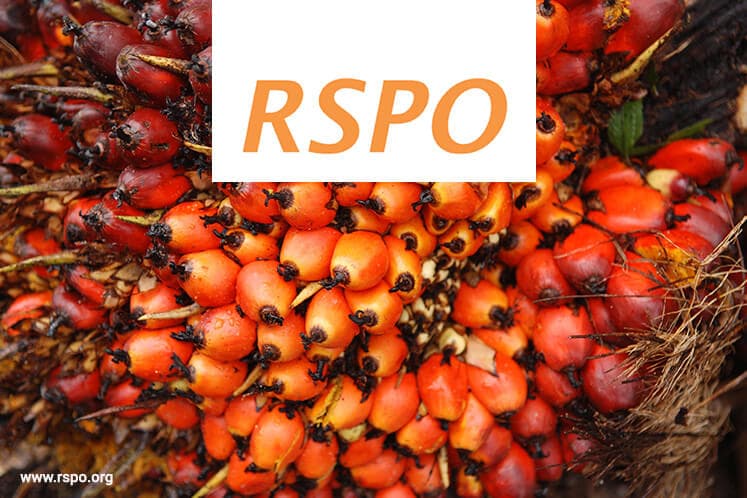
KOTA KINABALU (Nov 14): The Roundtable on Sustainable Palm Oil (RSPO) has proposed a new standard exclusively for independent smallholders, to promote greater inclusion into the RSPO system.
The proposed new standard — tailored to help reduce unnecessary burdens faced by independent smallholders towards obtaining the RSPO certification — was unveiled at the 16th instalment of the annual Roundtable Conference on Sustainable Palm Oil (RT16) held here today.
According to RSPO, smallholders will be supported in terms of obtaining fresh fruit bunch (FFB) legality requirements, training on pesticide handling, grievance mechanism, fair and transparent pricing, negotiations and contracts, as well as livelihood improvement programmes.
With access to tools and training that respond to their requirements, capacity for farming practices and agronomy will be improved, which will in turn help increase smallholders’ yields, the non-government organisation to develop and implement global standards for sustainable palm oil said.
Smallholders are defined as individuals or families producing oil palm on individual or multiple plots under the threshold of 50ha as currently defined by RSPO.
Currently, they contribute to approximately 40% of the global palm oil supply, and around 4.5 million smallholders in Asia rely on oil palm cultivation for their livelihood but often suffer from lower yields.
In Malaysia, only less than 0.2% of smallholders are RSPO-certified, according to RSPO co-chairman Datuk Carl Bek-Nielsen.
The draft of the proposed new standard will go for the second round of public consultation scheduled in February 2019.
RSPO chief executive officer Darrel Webber, speaking to the press on the sidelines of RT16, said the proposed standard was borne out of a consultative review process, where 32 face-to-face meetings were held with stakeholders in 13 countries including smallholders.
Webber stressed that smallholders face many challenges that deters them from gaining market uptake.
"The supply chain would like to see only legally-produced fruit and oil coming into their chain, and [currently] smallholders find it hard to prove legality. They also find it difficult to comply with many of the management requirements of the standard, which is why we're trying to find ways for them to progressively come into the certification," Webber added.
The RSPO Smallholder Standard is among other proposals borne out of this year's review of the Principles and Criteria (P&C) 2013.
Other new elements include the concept of shared responsibility, whereby all actors throughout the supply chain must work towards the target of increasing certified sustainable palm oil intake.
There will also be adopted procedures to be developed for High Forest Cover countries and landscapes, legacy cases, and community development needs, as well as the establishment of a 'No Deforestation Joint Steering Group' between RSPO and High Carbon Stock Approach (HCSA).
It was also proposed that no new peat planting will be allowed, regardless of depth, starting from November 2018 and that peat soils are to be documented and reported to RSPO's secretariat.
Existing plantations on peat will have to go through drainability assessments at least five years prior to replanting, according to the draft.
On the labour front, there will be better protection of vulnerable groups (migrants, contract workers, women, children) and the strengthening of the 'no forced and trafficked labour' criterion. Stronger language has also been proposed declaring that all workers must be paid a decent living wage.
The draft also requires that payment of recruitment fees, debt bondage, and passport withholding be prohibited, and that all overtime work be voluntary.